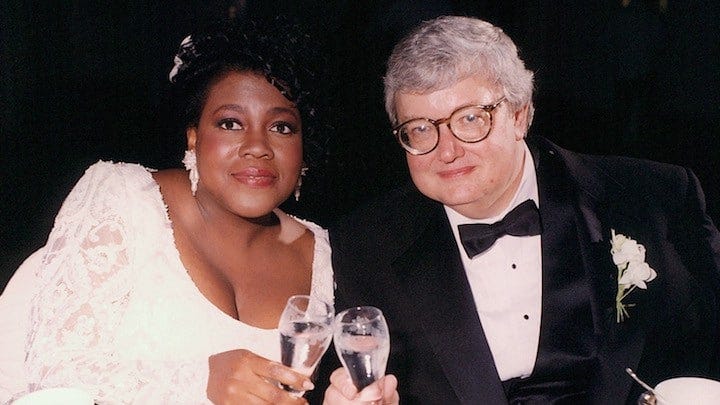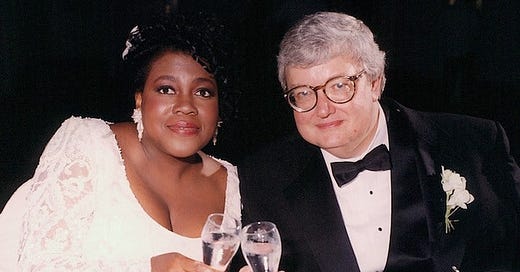Do We Need a Bechdel Test for Documentaries?

While criticisms are ongoing about both the number of women filmmakers in Hollywood and the representation of female characters and issues in fiction movies, documentary has often been championed for its more balanced achievements in both regards. There are indeed more successful women directors in nonfiction and there are indeed more nonfiction films t…
Keep reading with a 7-day free trial
Subscribe to Nonfics to keep reading this post and get 7 days of free access to the full post archives.



